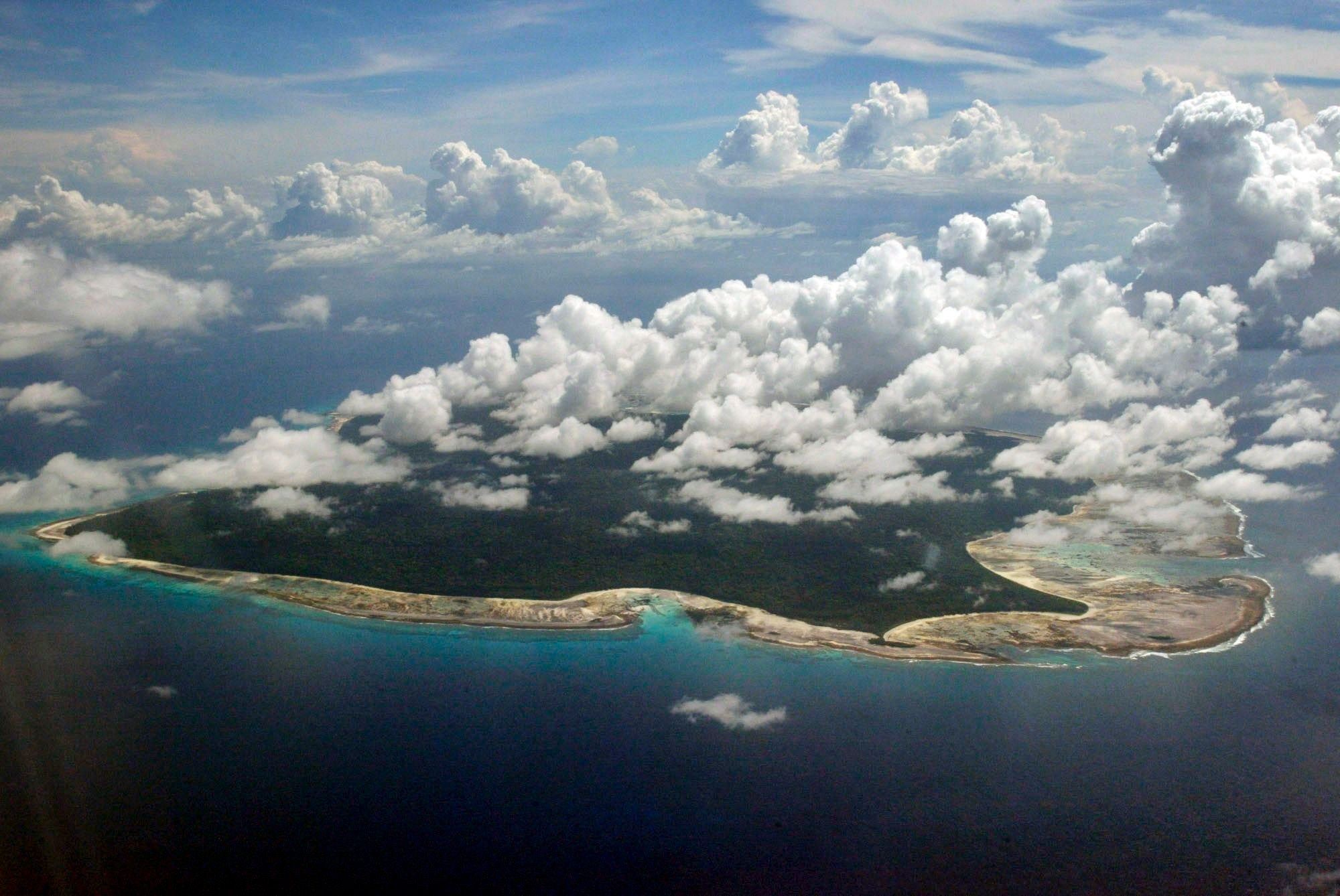
Jonathan Mazower is Communications Director at Survival International, the global movement for tribal peoples. He has been with Survival since 1988 and has worked on many campaigns for indigenous peoples’ rights in North and South America, as well as Botswana.
As the sun set on the evening of the Nov. 15, 2018, John Allen Chau sat contemplating North Sentinel Island, where he was soon to meet his end. He had long dreamed of making contact with the Sentinelese people, and his diary tells us he was “disappointed” that they had not accepted his advances to them: “My name is John. I love you and Jesus loves you!” He writes of a language barrier, but the simple message they were communicating somehow eluded him entirely. The islanders were “defensive and hostile.” They shouted, shot arrows at him, chased him away.
The Sentinelese are one of more than 100 uncontacted tribes living today, the vast majority of them in the Amazon. Contrary to some sensationalist reporting, these societies are not “lost,” “Neolithic” or in any way trapped in a “land that time forgot.” They are aware of the outside world, use and adapt outside goods for their own purposes and may well engage sporadically with contacted tribes nearby. They choose to have no interaction with mainstream society, often because of the catastrophic violence and disease such contact has brought to their people in the past. It is their choice, and their right.
We all claim the right to be safe. We put locks on our doors, and are selective with who we admit to the places we call our own because we wish to minimize risk. The risk Chau posed to the Sentinelese cannot be overstated. It is not uncommon for 90% of a tribe to perish following first contact. To give one example of the risks, such contact can expose people to deadly pathogens to which they have no immunity, like Peru’s Nahua people, half of whom died in the year after they were contacted. One day the Sentinelese may decide among themselves that they wish to engage with a wider world. But it is their risk to take, and so it must be their choice to make. This is why we must listen when uncontacted people demonstrate that they want to be left alone; to potentially expose an entire people to annihilation is bad enough, but to do so entirely against their clearly-expressed wishes is an act of extreme violence.
We all claim the right to choose for ourselves how we live our lives. Forced contact denies uncontacted people that choice. Make no mistake; uncontacted tribes know painfully well we are here, and they don’t want to talk to us. While the Sentinelese can shoot arrows from their island fortress, other uncontacted tribes like the Kawahiva, who teeter on the brink of extinction in the Brazilian Amazon, are unprotected by natural barriers and must simply run and hide from invaders. When uncontacted people want to make contact, they do so. In 2014, in two separate incidents, groups of men from the uncontacted Sapanawa tribe approached an indigenous village with the obvious intention of establishing contact. Interpreter Zé Correia reported what they said:
“The majority of old people were massacred by non-Indians in Peru, who shot at them with guns and set fire to the houses of the uncontacted. They say that many old people died and that they buried three people in one grave. They say that so many people died that they couldn’t bury them all and their corpses were eaten by vultures.”
Read more: Is It Ethical to Leave Uncontacted Tribes Alone?
The Sapanawa had been driven from their homes by fear and desperation. Can any free choice be made where illegal loggers, drug traffickers, oil companies and some missionaries put innocent people at extreme risk of horrific violence and devastating epidemics?
For uncontacted peoples, who face catastrophe unless their land is protected, security and autonomy can only come from the recognition and proper protection of their land ownership rights.
By paying attention to what these uncontacted tribes say and do, their meaning is clear no matter what language you speak: They want to be left alone.
More Must-Reads from TIME
- Donald Trump Is TIME's 2024 Person of the Year
- Why We Chose Trump as Person of the Year
- Is Intermittent Fasting Good or Bad for You?
- The 100 Must-Read Books of 2024
- The 20 Best Christmas TV Episodes
- Column: If Optimism Feels Ridiculous Now, Try Hope
- The Future of Climate Action Is Trade Policy
- Merle Bombardieri Is Helping People Make the Baby Decision
Contact us at letters@time.com